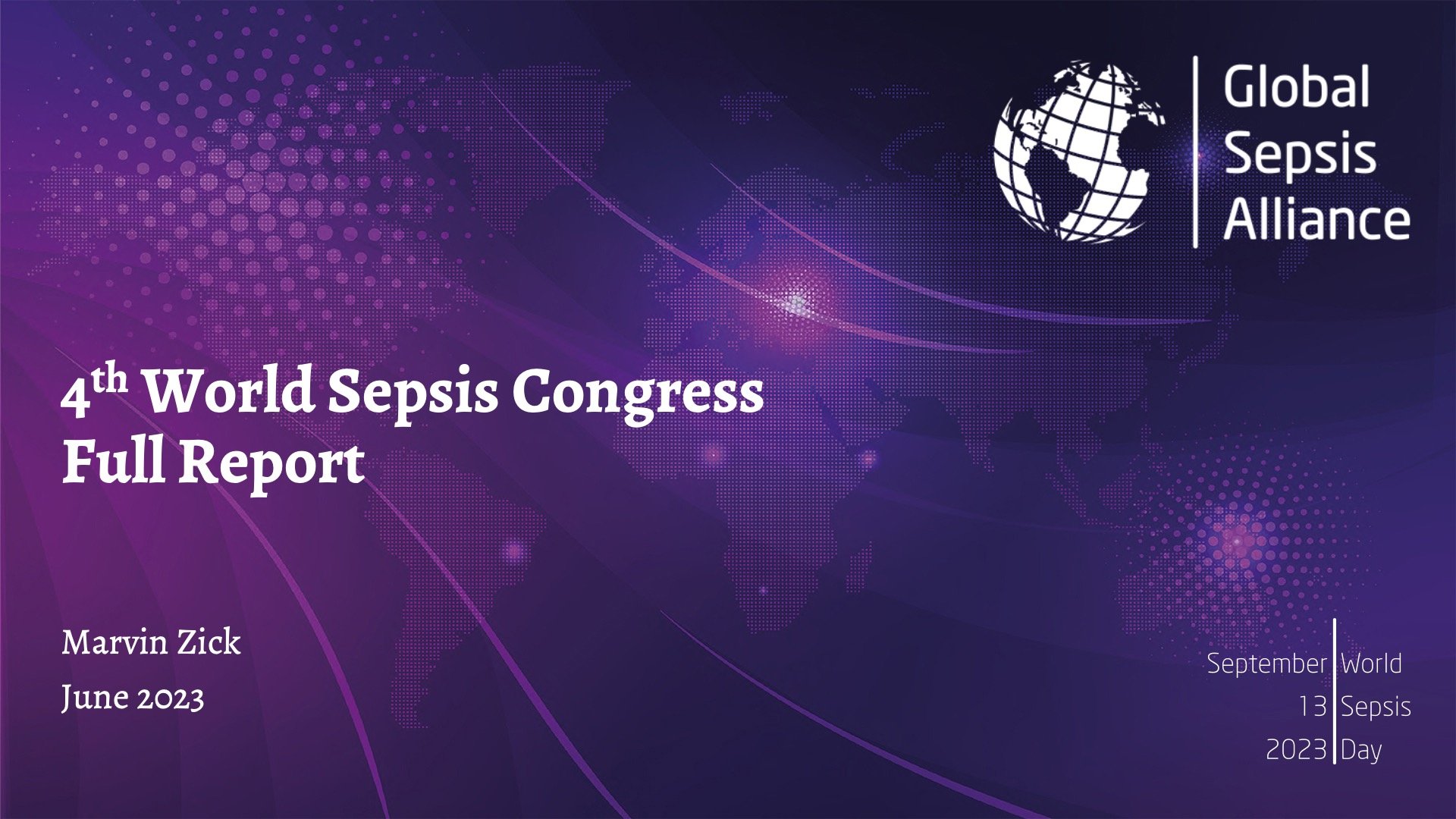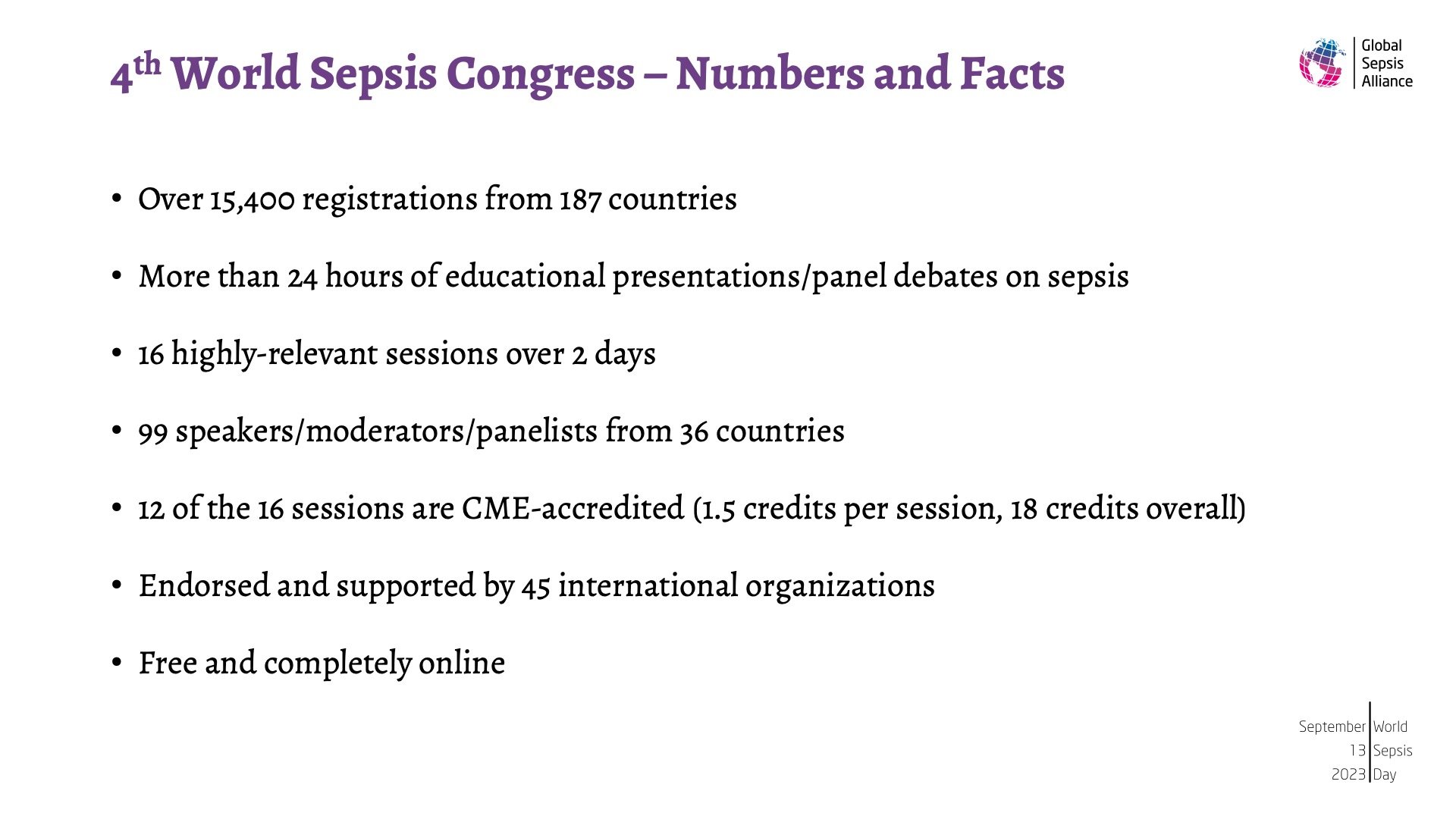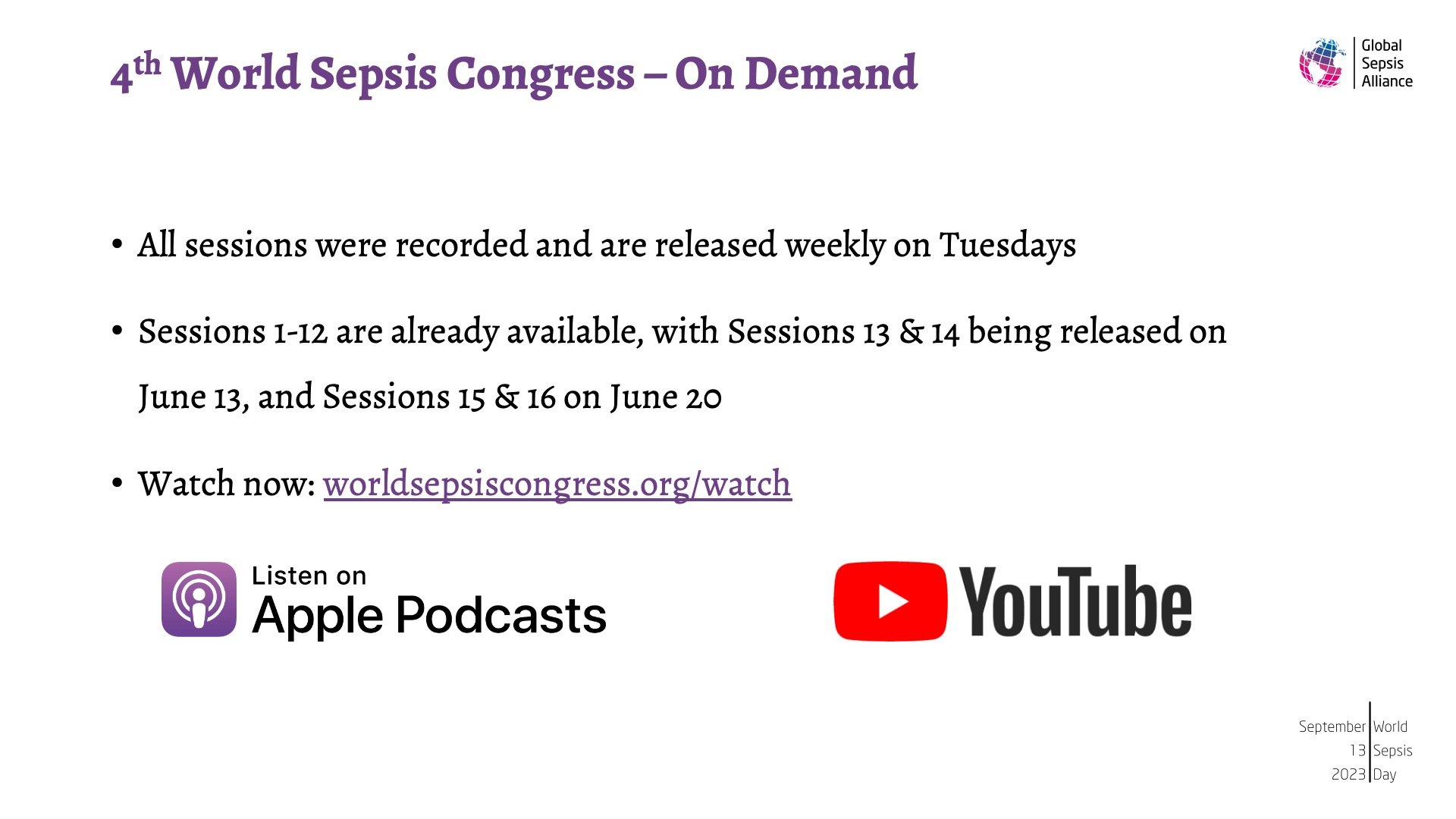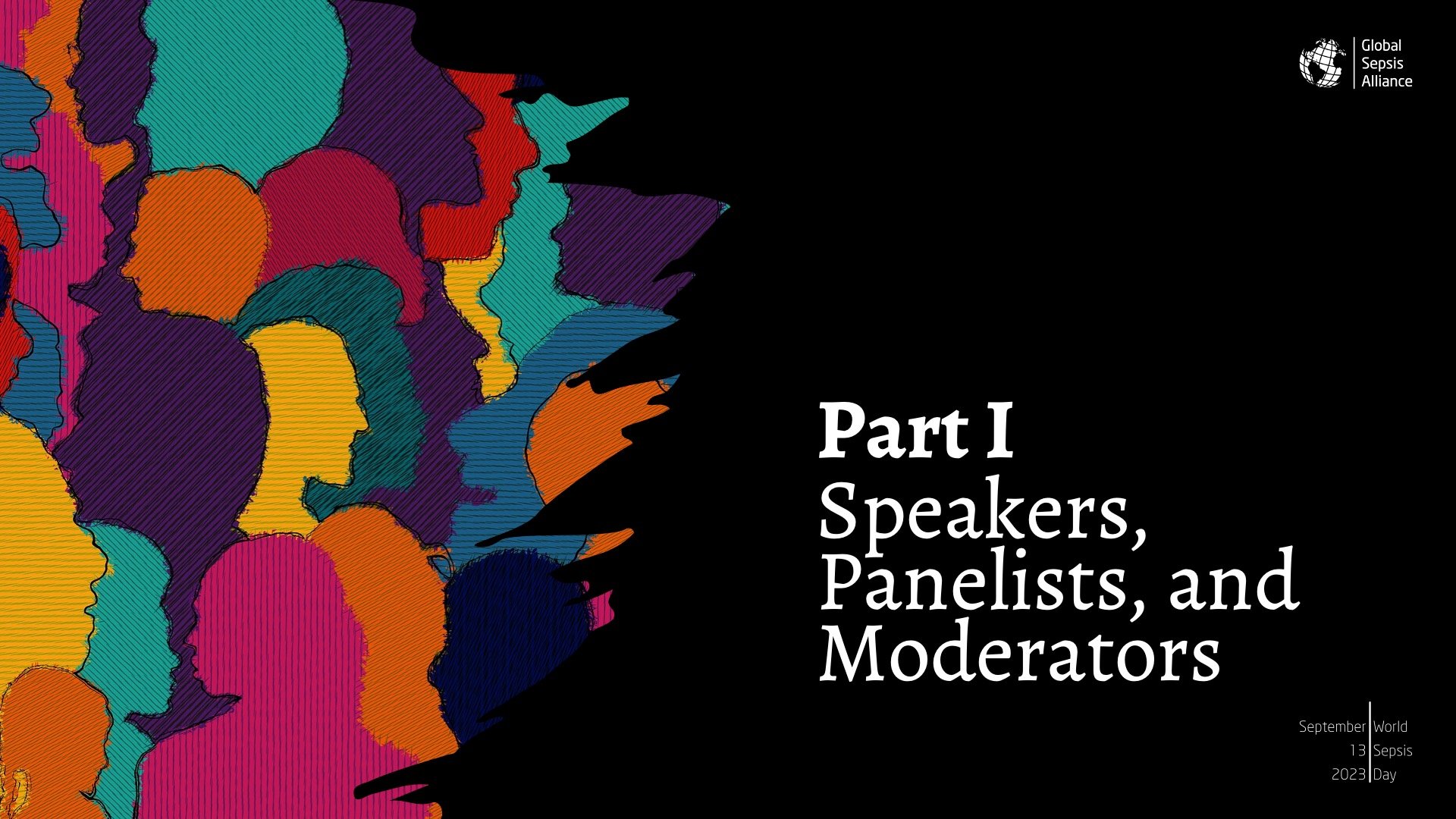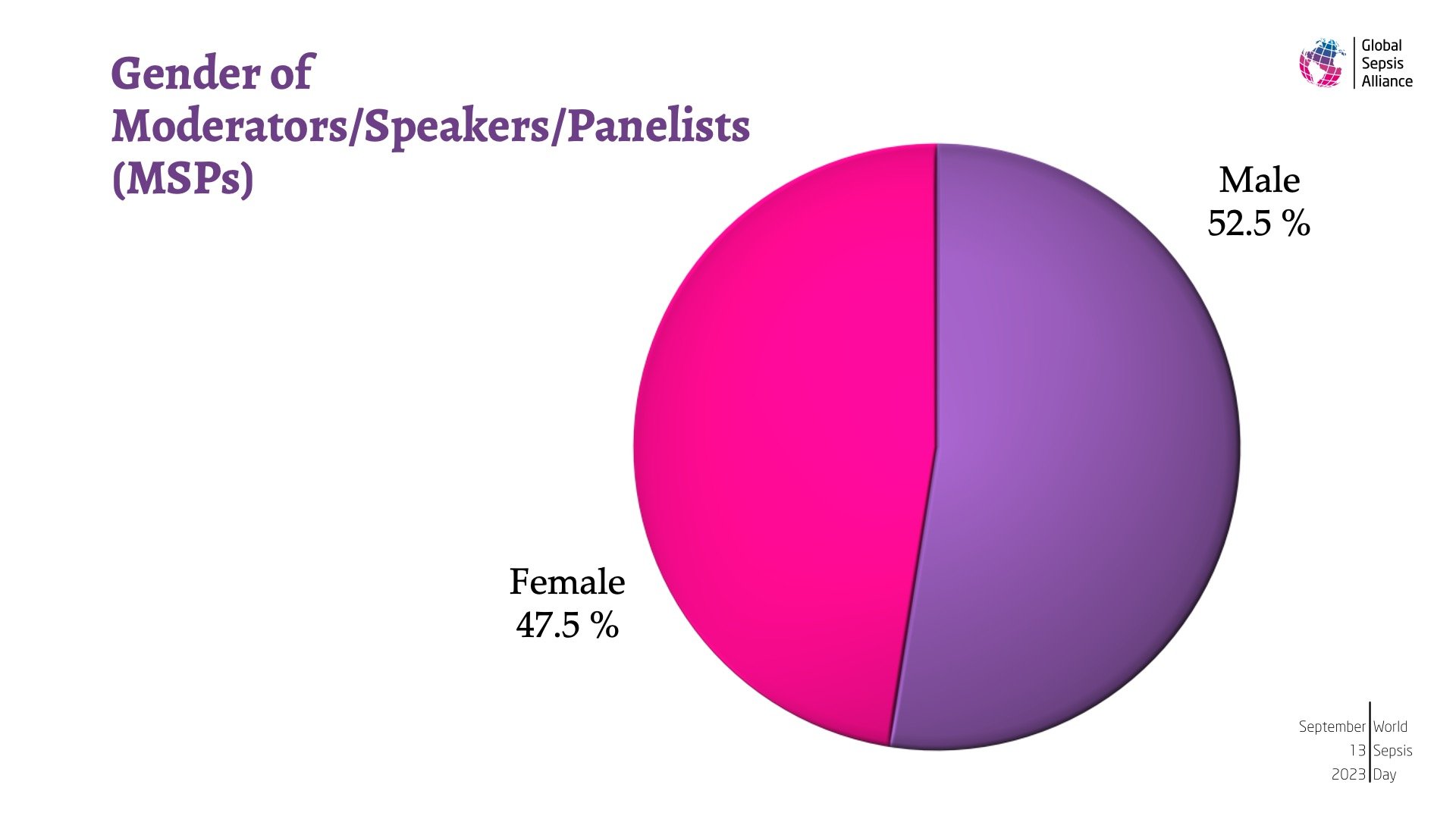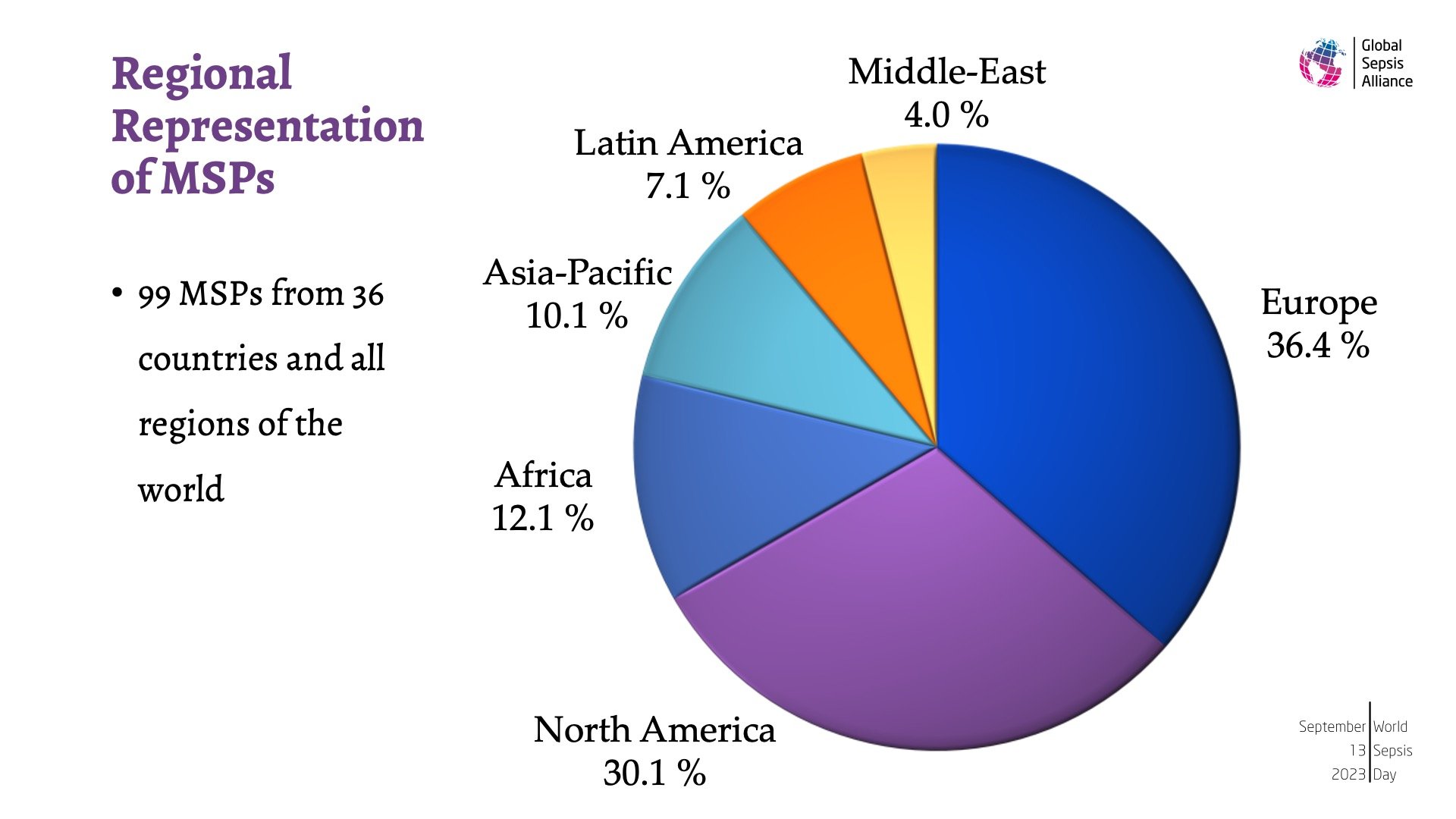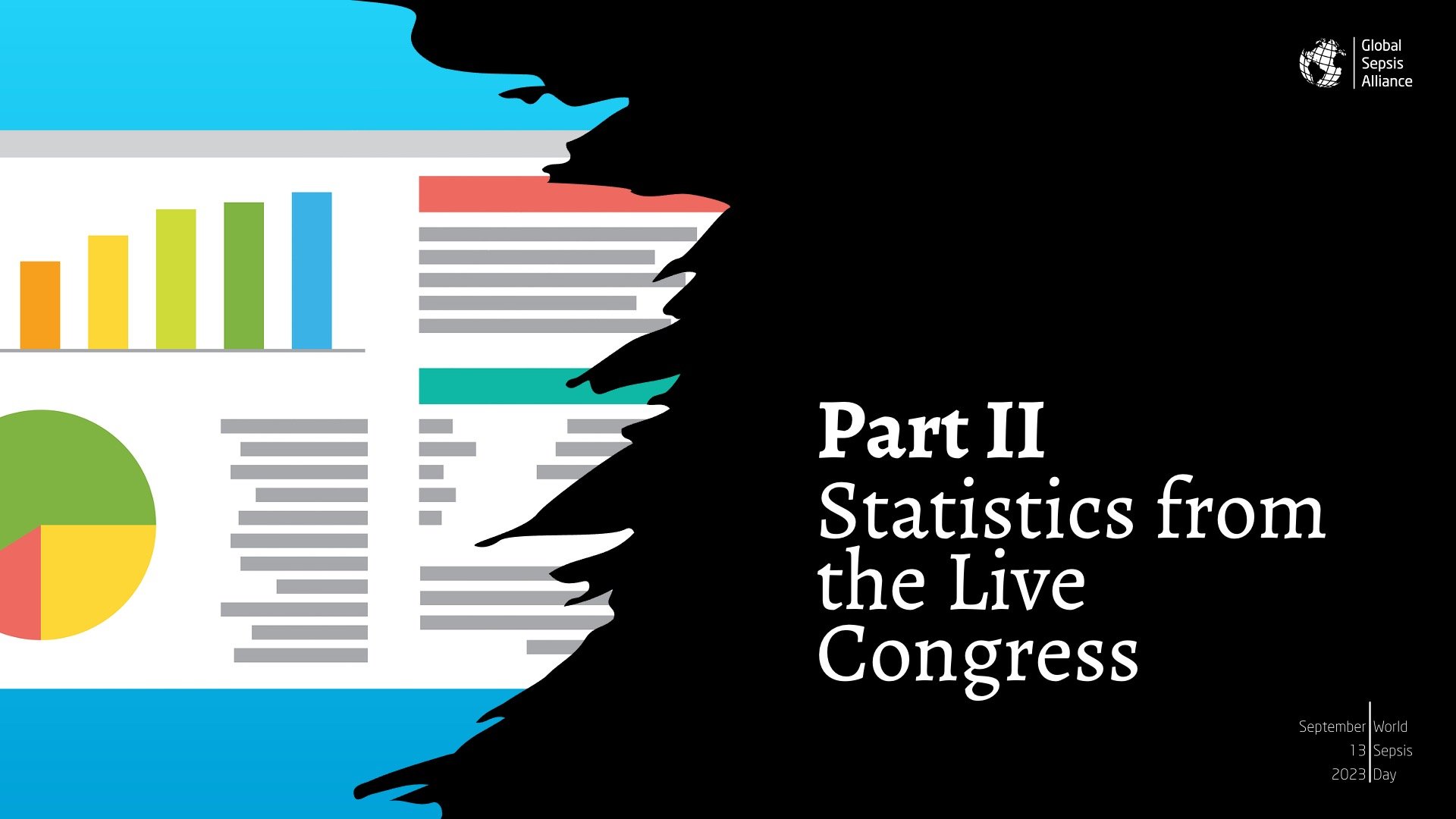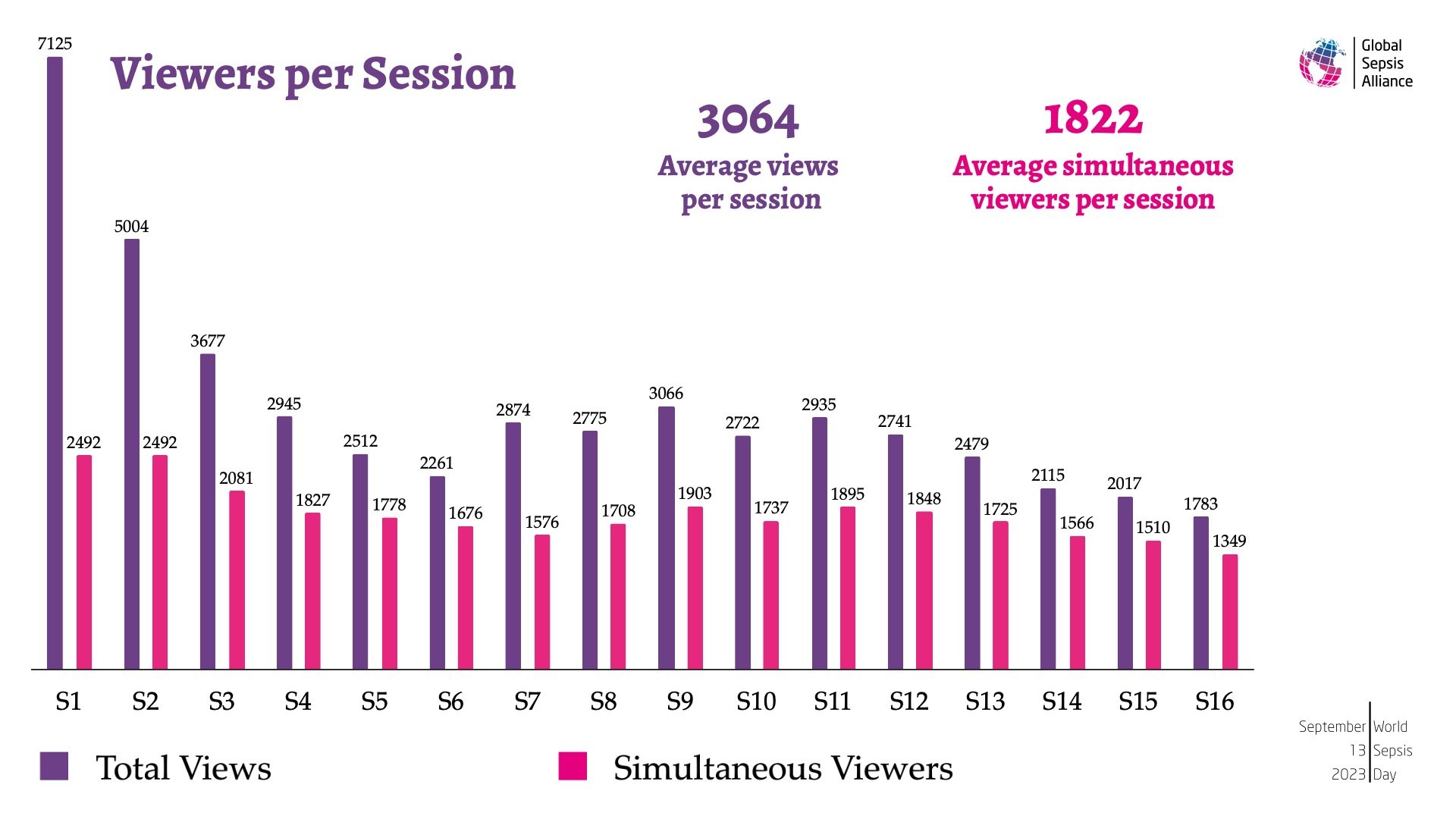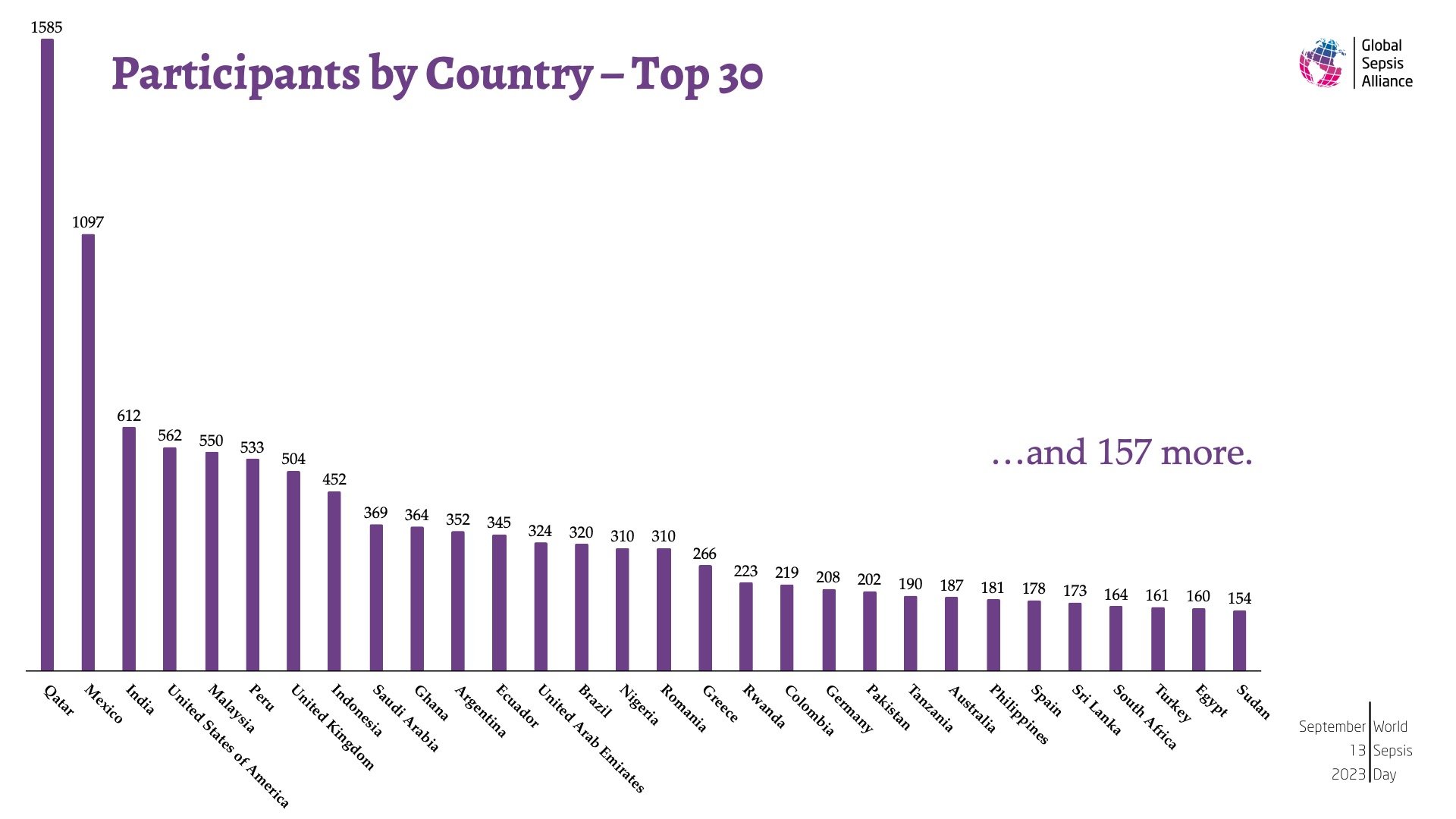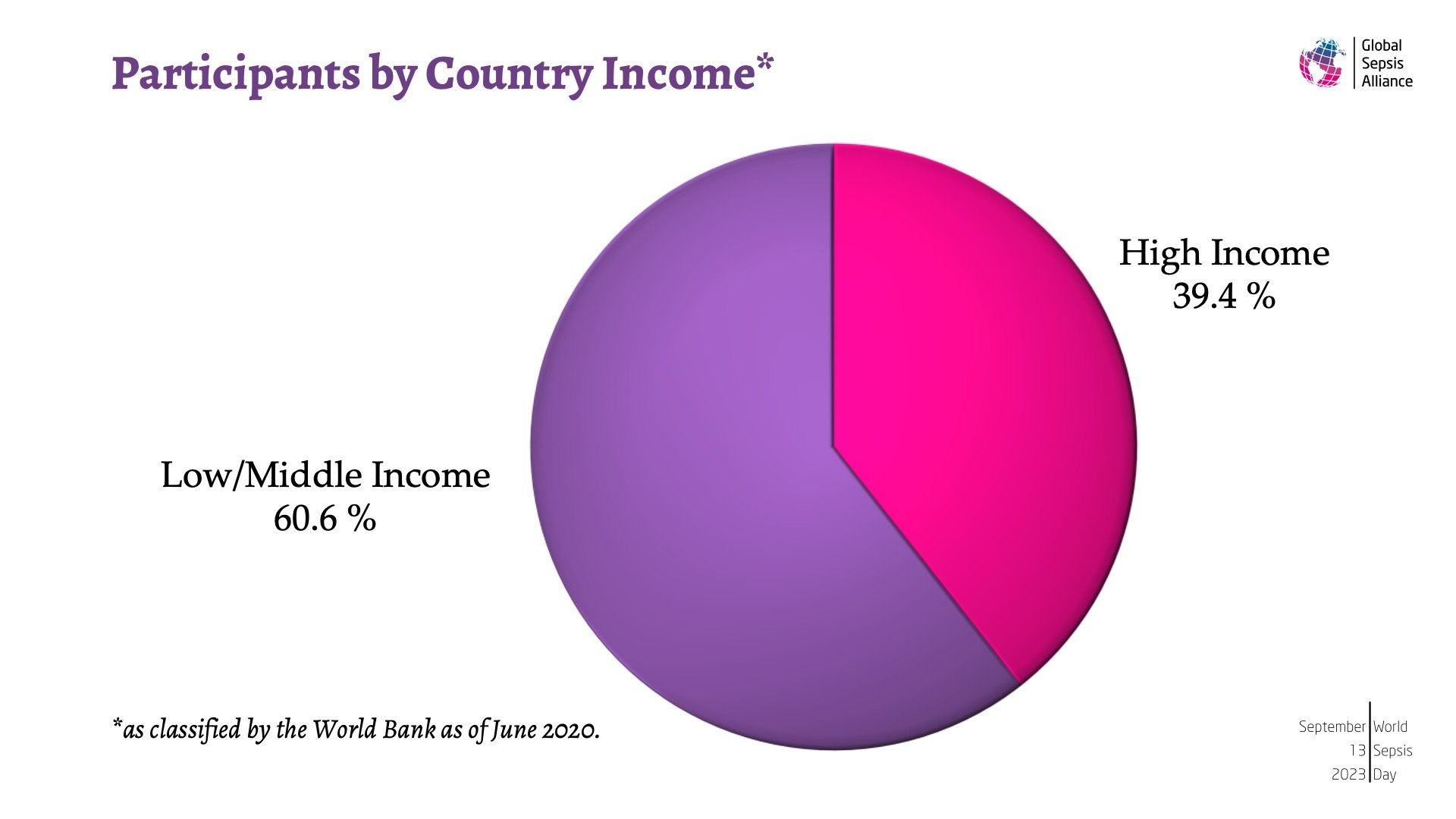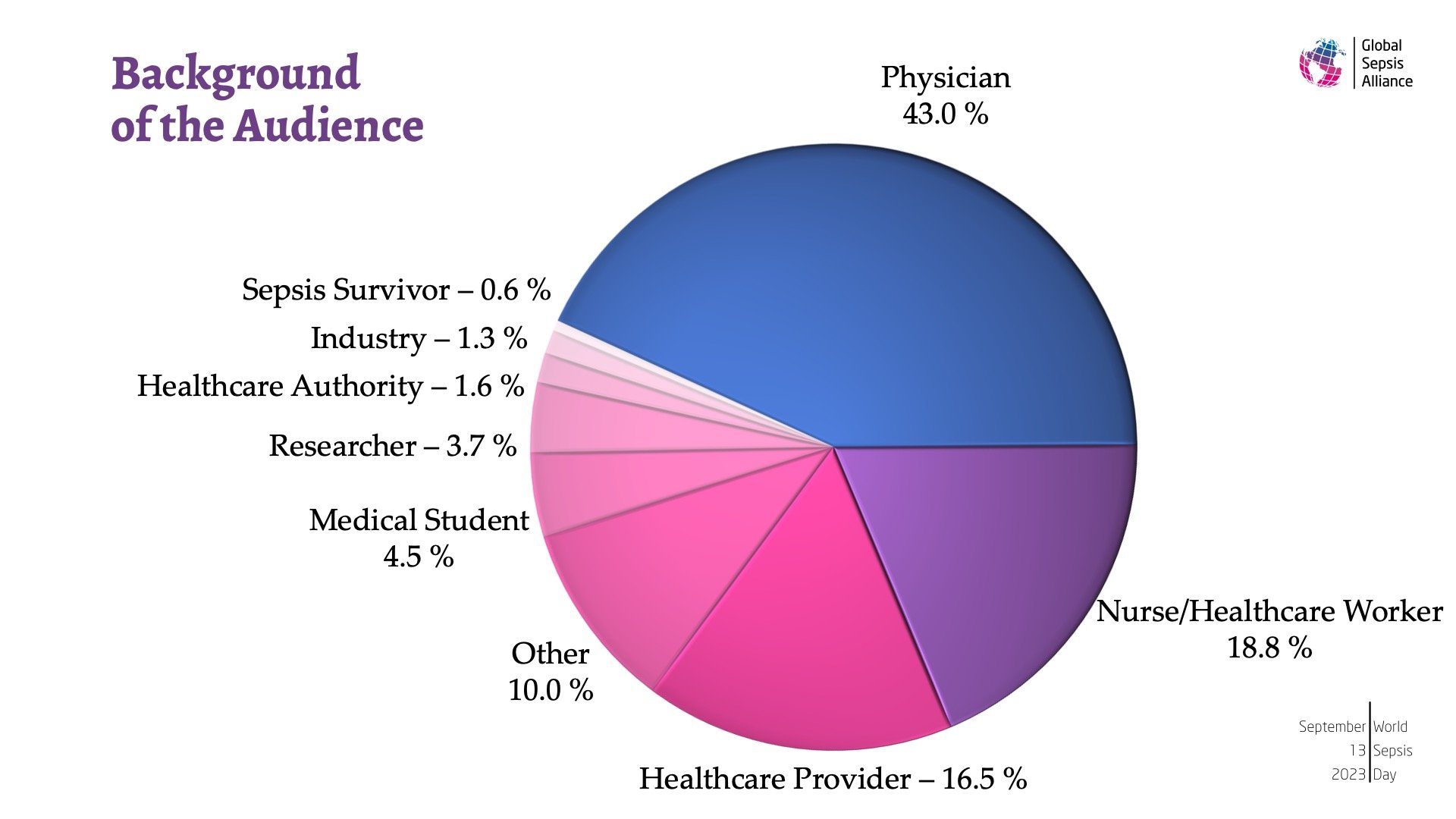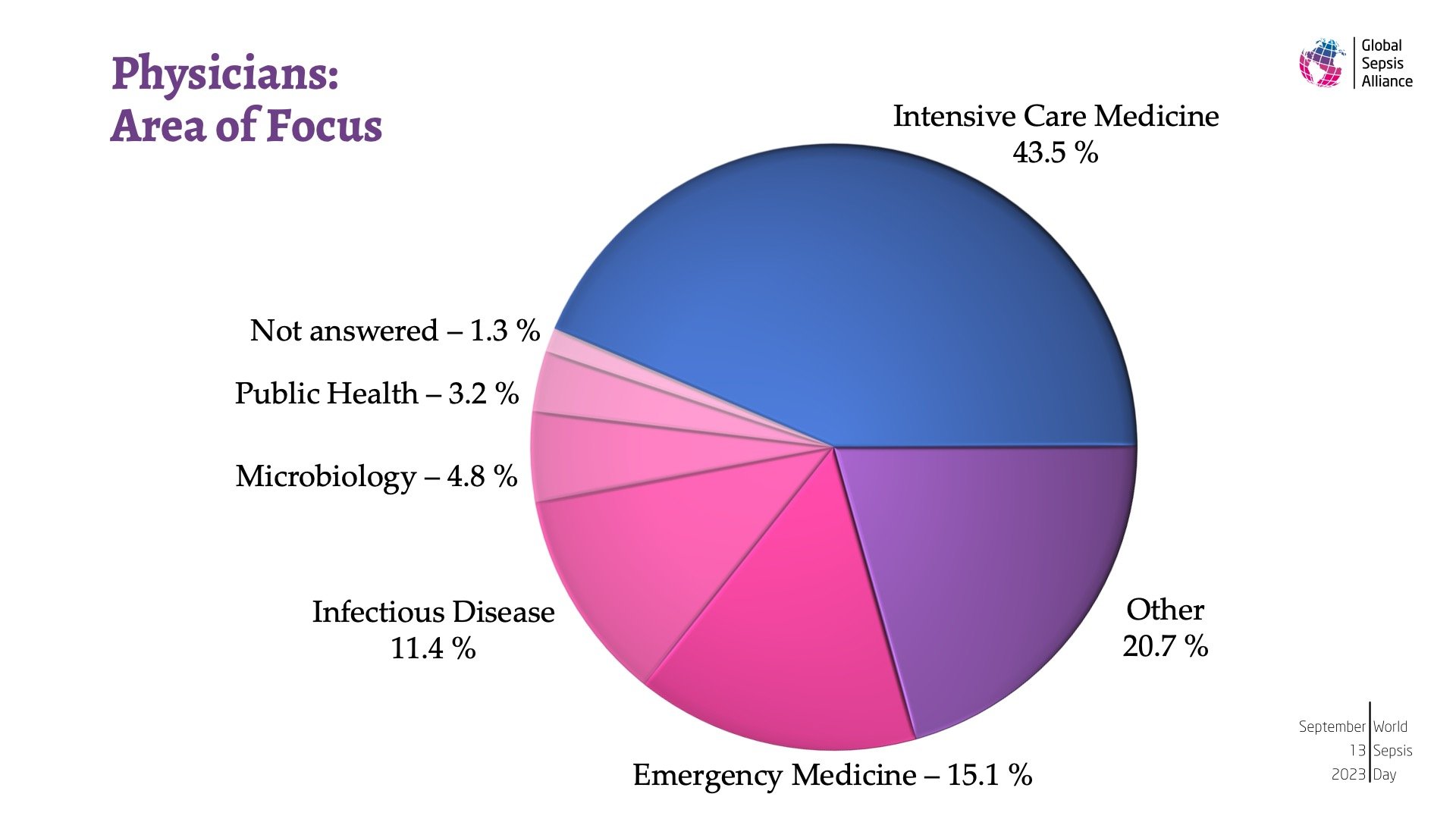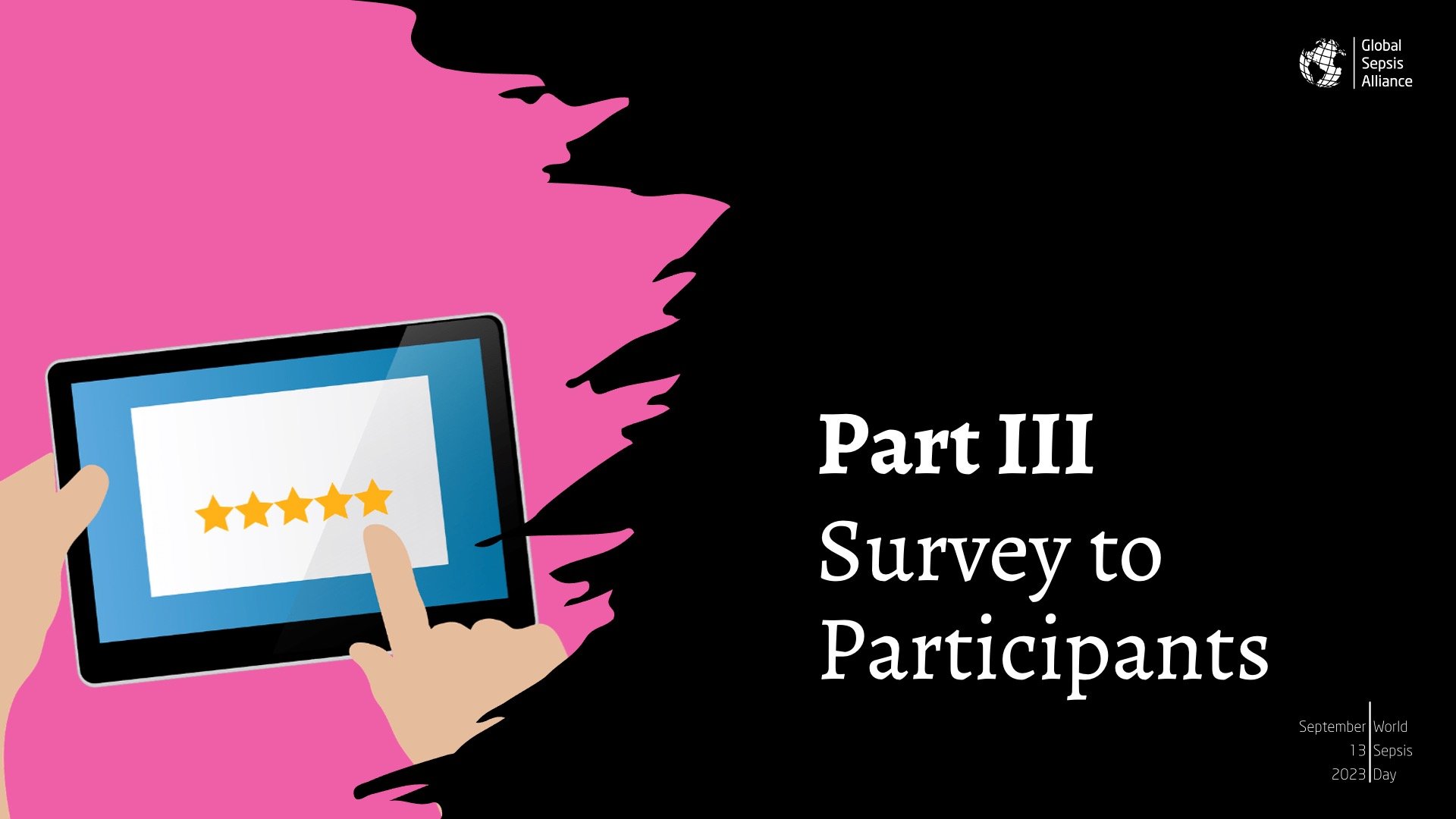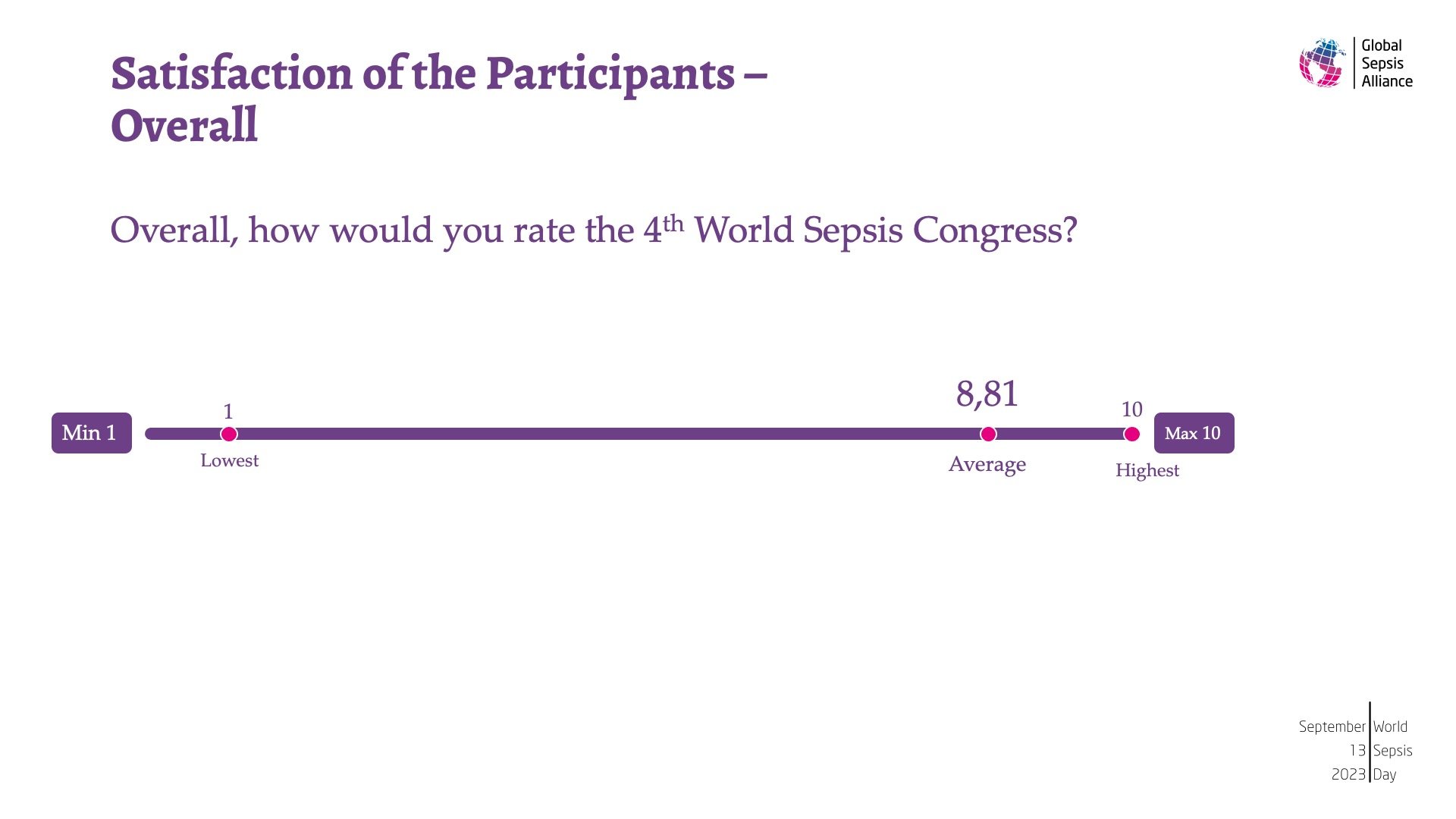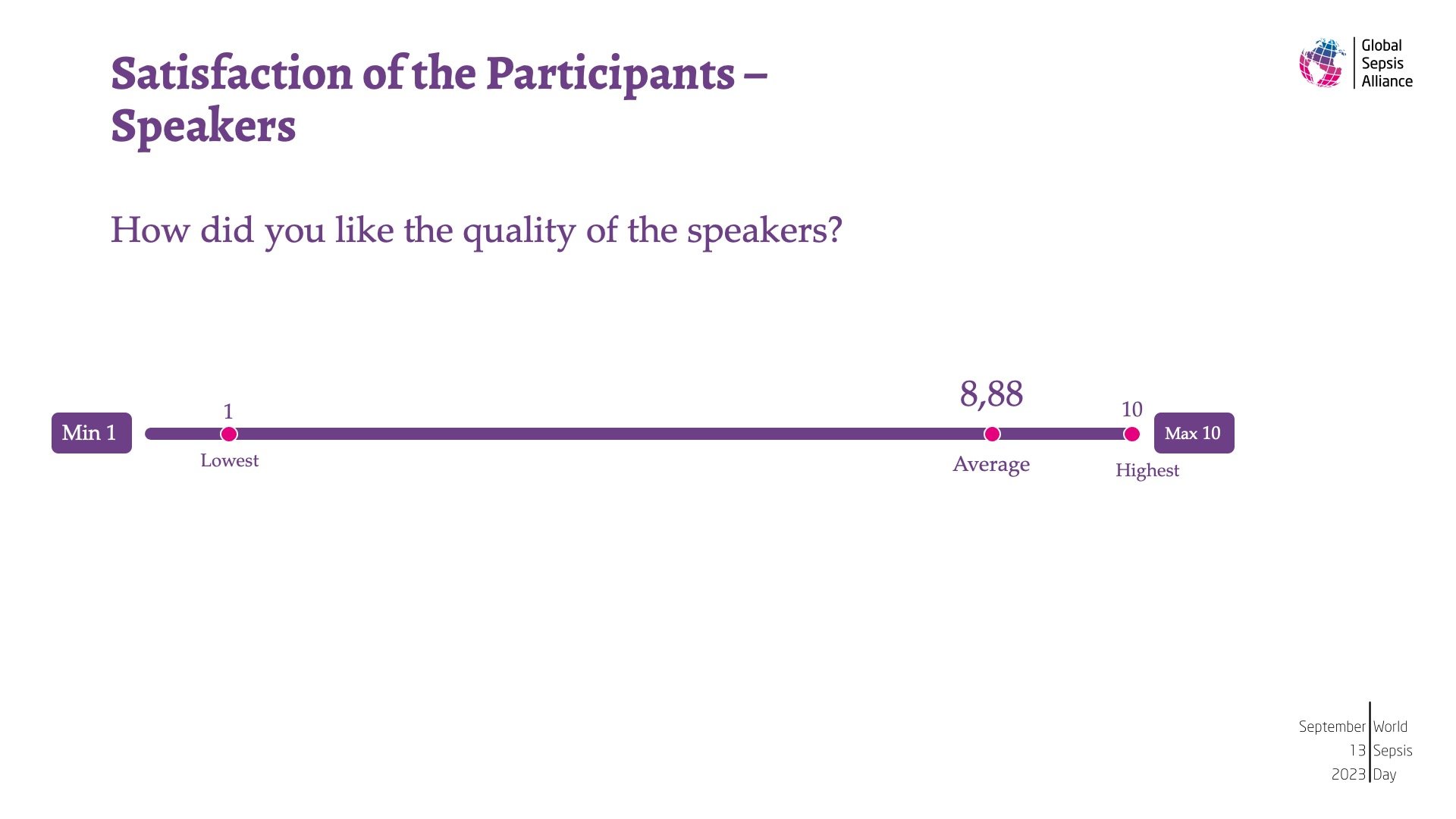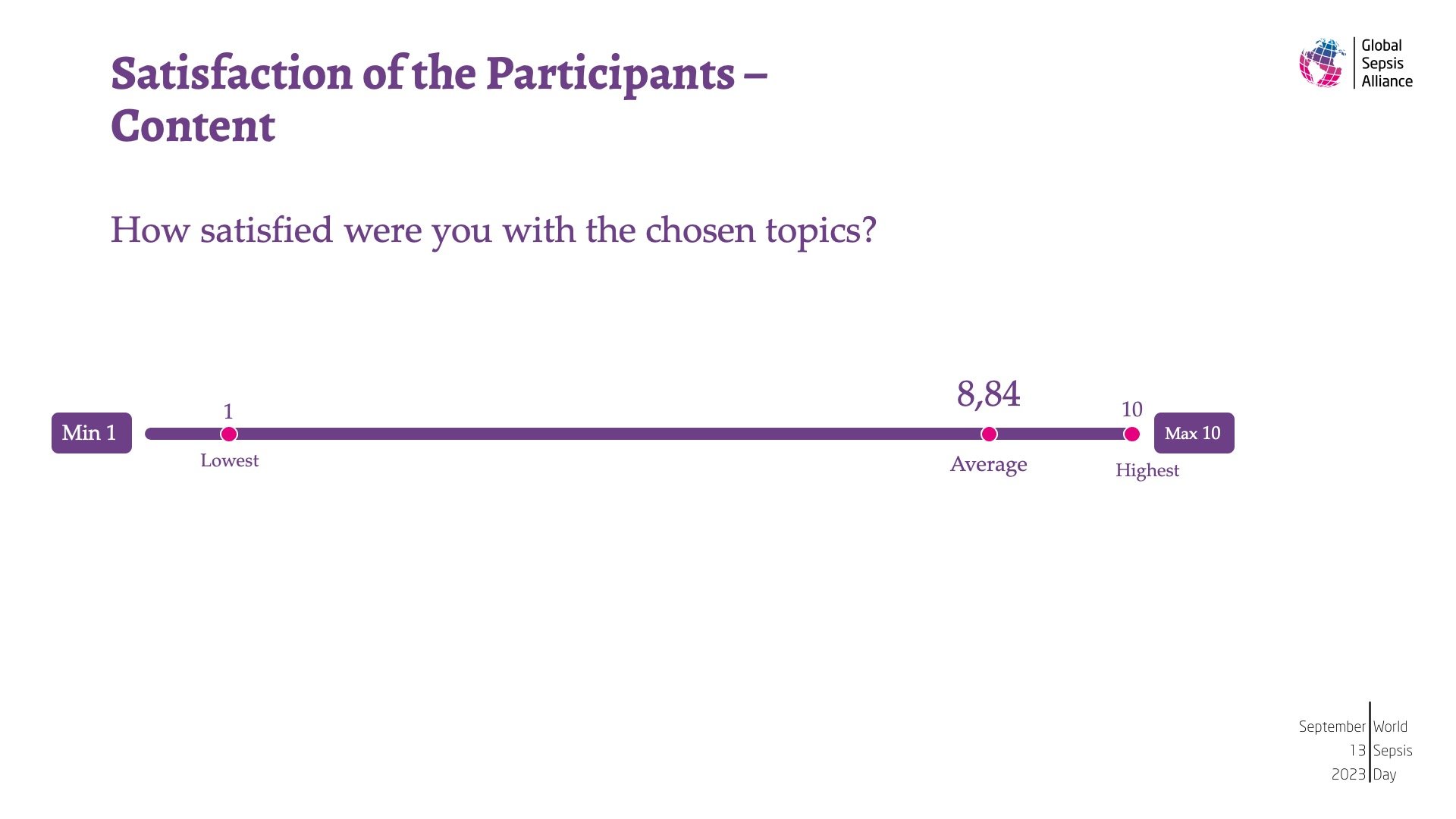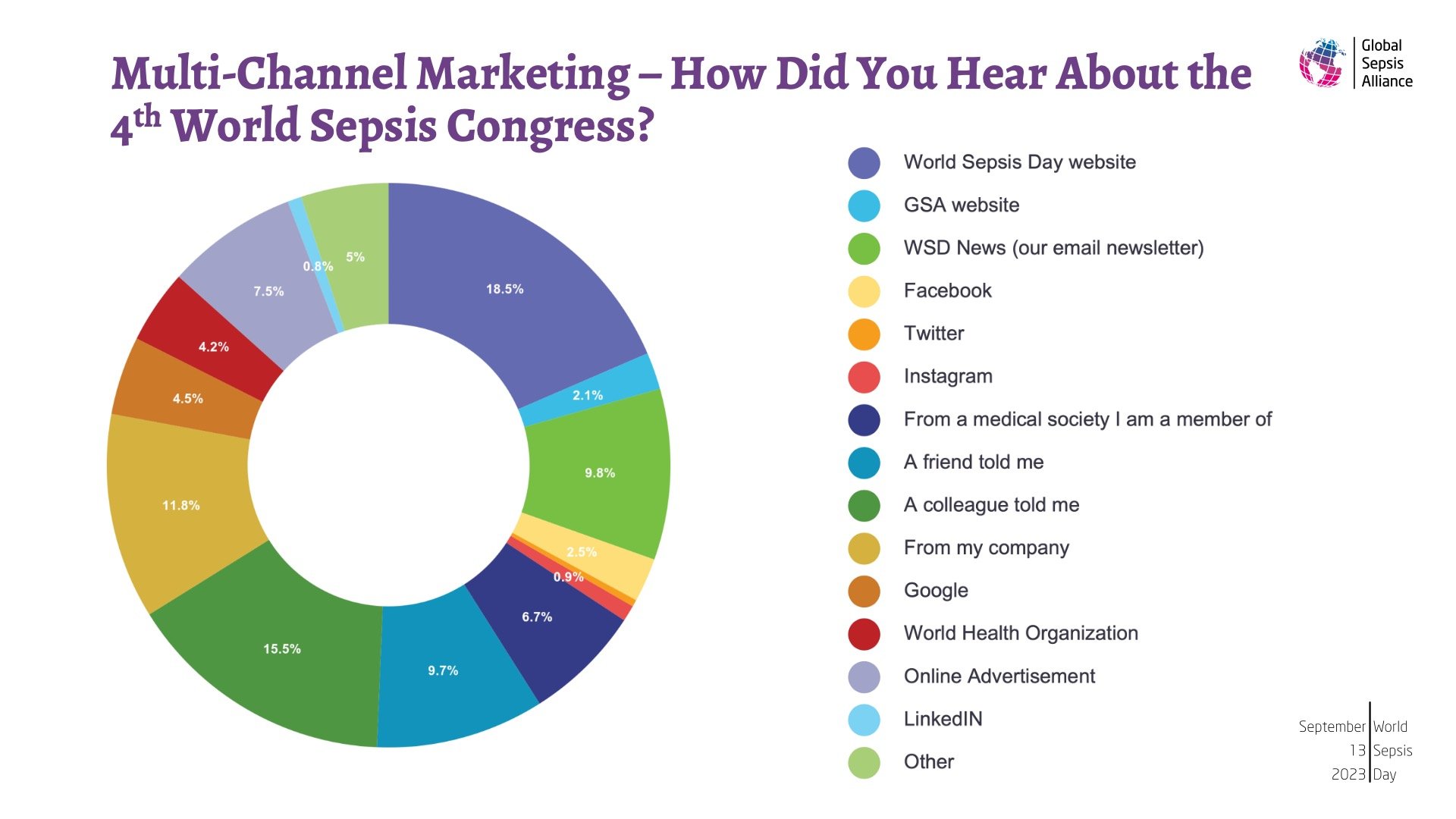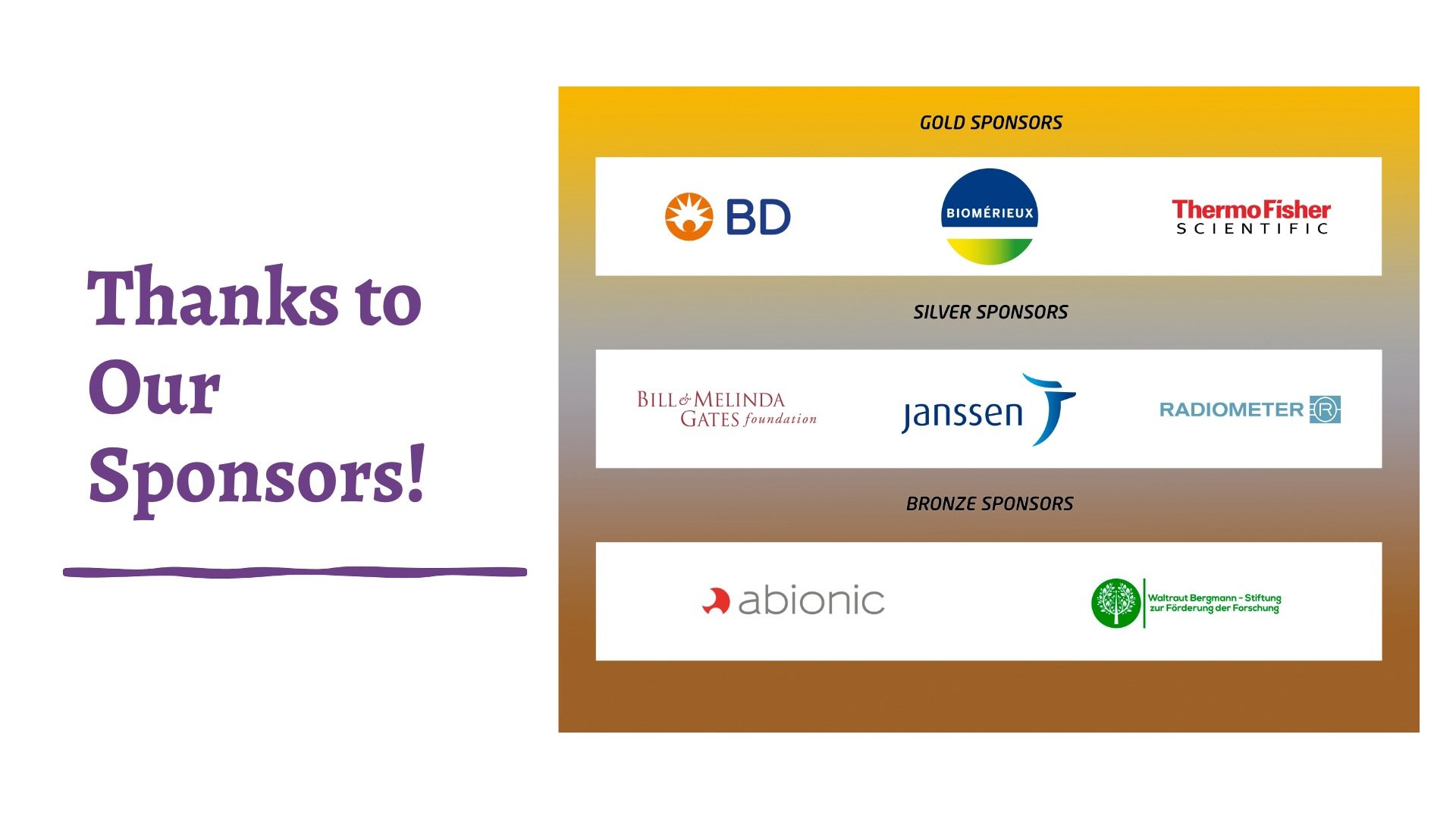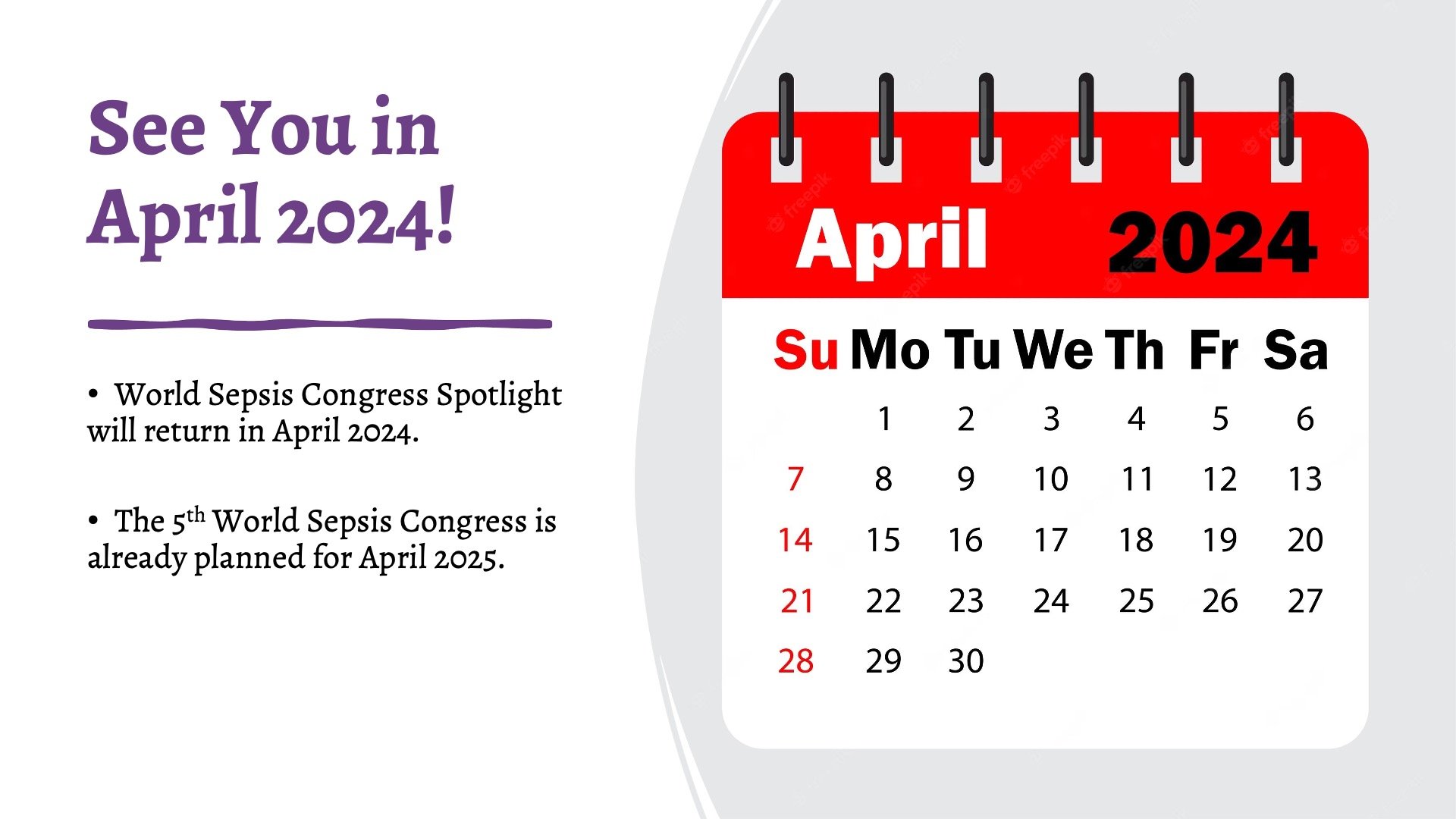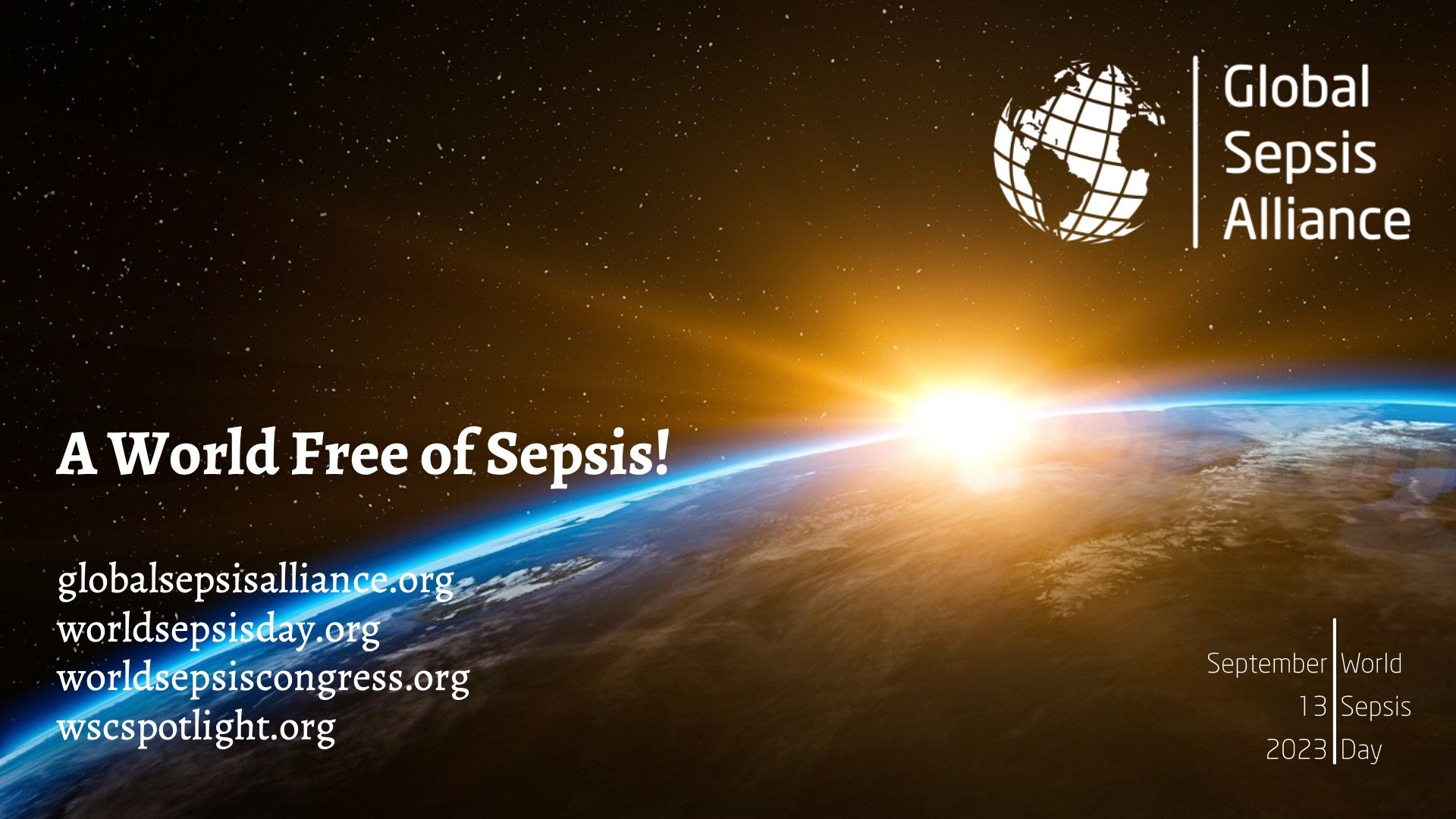Sessions 15 and 16 from the 4th World Sepsis Congress are now available on YouTube (embedded above) and as a Podcast on Apple Podcasts (just search for World Sepsis Congress in your favorite podcast app).
S15: Harnessing the Media to Advance the Global Fight Against Sepsis
Healthcare in the Media: The Good, The Bad, and The Ugly
Katelyn Jetelina, Your Local Epidemiologist, United States of America
How to Target Specific Audiences for Improved Medical Messaging About Sepsis
Joachim Mueller-Jung, Science editor-in-chief, Frankfurter Allgemeine Zeitung, Germany
Effective Strategies for Better Medical Messaging in Media: Asia-Pacific
Naoyuki Matsuda, Global Sepsis Alliance, Japan
Effective Strategies for Better Medical Messaging in Media: Sub-Saharan Africa
Pedmia Shatu Tita, Global Initiative for Digital Inclusion and Communication, Cameroon
What Is the Role of the Journalist in Amplifying Positive Medical Messaging
Immaculate Forgwe, National Polytechnic Bamenda, Cameroon
S16: An Update on Research on Sepsis
Why Criteria for Diagnosing Pediatric Sepsis and the Social Determinants of Health Matter
Kusum Menon, University of Ottawa, Canada
Impact of Time to Source Control on Sepsis Mortality
Katherine Reitz, University of Pittsburgh Medical Center, United States of America
Does Rapid Sepsis Treatment Increase the Risk of Antimicrobial Resistance?
Hallie Prescott, University of Michigan, United States of America
Intravenous Vitamin C in Sepsis: the LOVIT Study
François Lamontagne, Université de Sherbrooke, Canada
Balanced Crystalloids or Saline for Sepsis?
Naomi Hammond, The George Institute for Global Health, Australia
Restrictive or Liberal Fluid in Sepsis: the CLOVERS Study
Ivor Douglas, Denver Health, United States of America
Closing Remarks: Imrana Malik, Program Chair & GSA Executive Member, United States of America
These sessions conclude our event – all sessions are now available on our World Sepsis Day YouTube Channel.
Full Release Schedule
May 2:
S1: Opening Session – Key Success Factors to Address Global Health Threats
S2: The Health Economic and Human Burden of Infections and Pandemics
May 9:
S3: Overcoming Silos to Address Infection-Related Global Health Threats
S4: The Quality of Healthcare Systems and QI Efforts on Outcomes from Sepsis and Pandemics
May 16:
S5: Advances and Challenges by Our Regional Sepsis Alliances
S6: Advances in Timely Pathogen and Sepsis Detection
May 23:
S7: The Benefits of Multidisciplinary Teams in Sepsis Care on the Health Care Facility Level
S8: The Potential and Challenges to Intervene with the Immune Response
May 30:
S9: Biomarkers and Antimicrobial Stewardship – The Synergies to Diagnose Sepsis and to Prevent AMR
S10: Lessons from the Pandemic to Fight Common Infections and Sepsis
June 6:
S11: Understanding and Improving Long-term Outcomes after Sepsis and COVID-19
S12: Neonatal Sepsis Platforms and Guidelines
June 13:
S13: The Impact of Survivors and Family Members to Improve Sepsis Awareness and Advocacy
S14: Maternal Sepsis: Why Is It Still in the Top 3 for Global Incidence of Sepsis?
June 20:
S15: Harnessing the Media to Advance the Global Fight Against Sepsis
S16: An Update on Research on Sepsis






